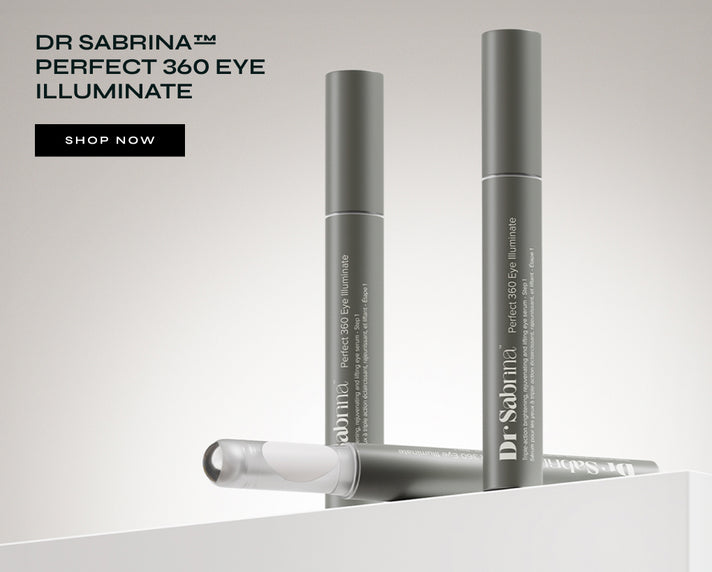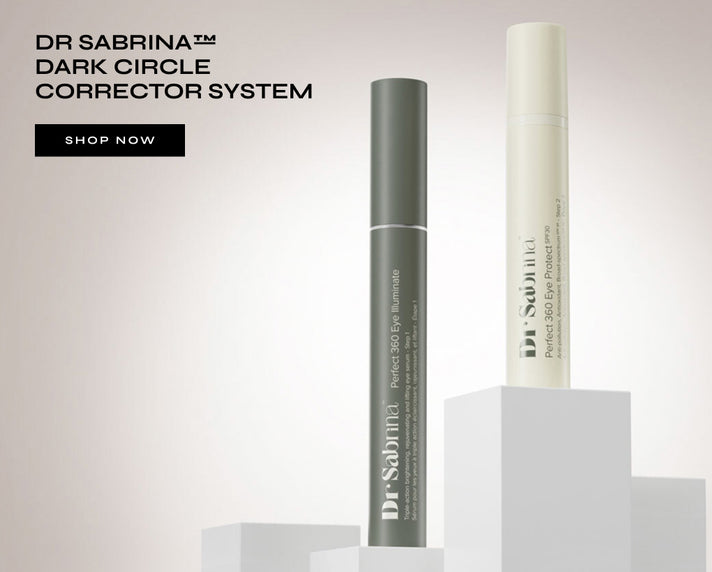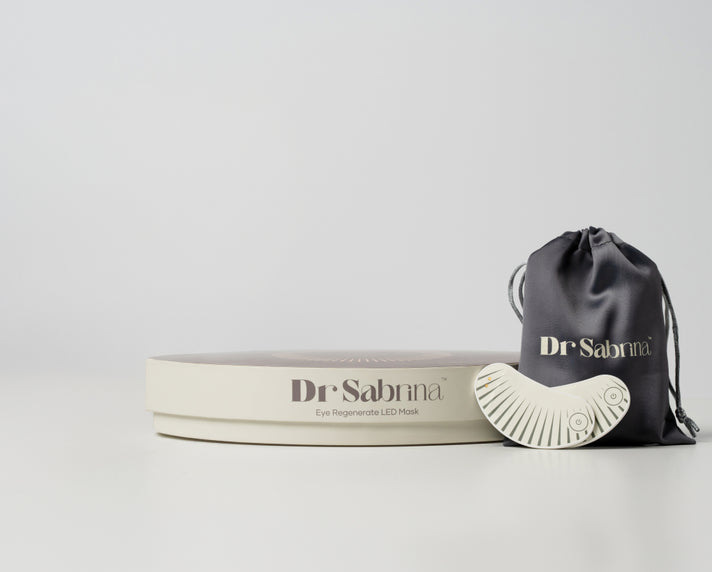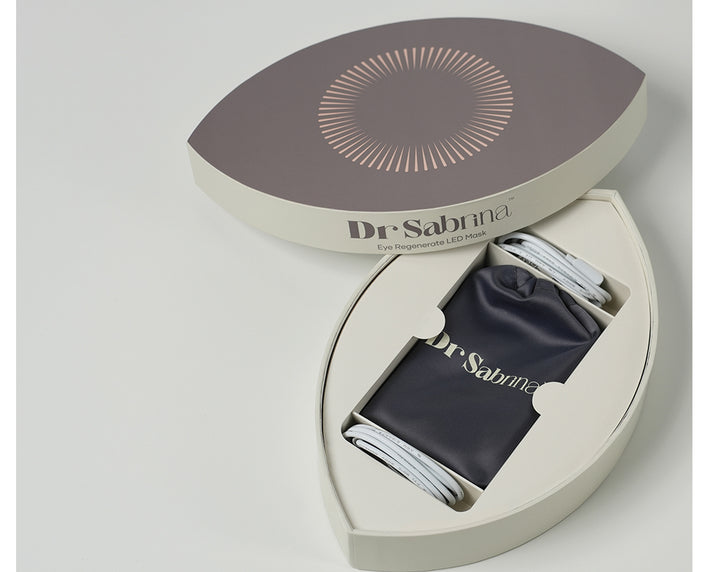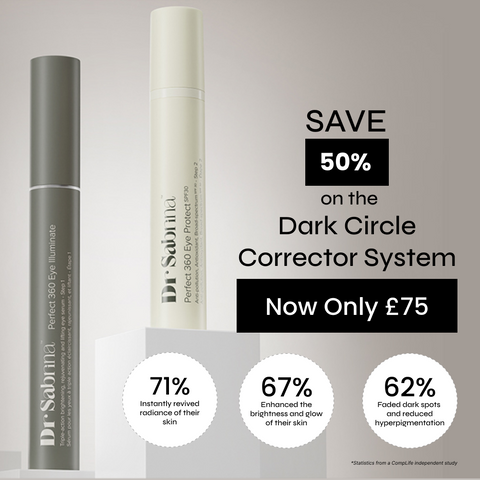
If you wake up in the morning and find that one or both of your eyes are stuck closed, you might have pink eye.
Pink eye indicates an inflamed conjunctiva, causing redness, swelling, sensitivity to light, and discomfort. The conjunctiva is the layer covering the eyeball's outer surface and the eyelid's inner surface. Pink eye is common and highly contagious, especially among young children. Usually, the pink eye gets better on its own within 1 to 2 weeks. In some cases, eyewash, prescribed eye drops, and eye ointments can help speed up recovery.
Read on to learn all about how to get rid of pink eye and what you can do to treat this condition at home.
How to Get Rid of Pink Eye at Home?
Here are some simple and effective home remedies if you’re wondering how to cure pink eye at home fast.
- Use a cold compress
- Stop using eye makeup
- Stop wearing contact lenses
- Use over the counter lubricant eye drops
- Keep the eye area clean
- Avoid touching or rubbing your eyes
- Maintain proper hygiene
- Limit screen time and eye strain
Let’s look at each home remedy to get rid of pink eye in detail.
1. Use a Cold Compress

A cold compress can provide immediate relief from the discomfort, swelling, and itching caused by pink eye. It works by reducing inflammation around the eye area. Here's how you can do it:
- Take a clean cloth and soak it in cold water.
- Squeeze out the excess water and gently place the cloth over your closed eye.
- Leave it on for 5-10 minutes.
- Repeat multiple times a day to get relief.
2. Stop Using Eye Makeup
If you wear eye makeup like mascara or eyeliner, it's essential to stop using it immediately if you have pink eyes. The bacteria or viruses causing the infection could contaminate your makeup products, which can spread the infection. Dispose of any makeup that you used while you had the infection to avoid re-infection in the future.
3. Stop Wearing Contact Lenses
If you use contact lenses and your eyes don't feel good, you might have to take a break from wearing them. The amount of time you need to avoid wearing contact lenses depends on the reason for your eye infection. Wearing contact lenses can aggravate pink eye by trapping bacteria or irritants against the eye. Therefore, switch to glasses until the infection clears up. Clean and disinfect your lenses properly, or even better, switch to a fresh pair once the infection has passed.
4. Use Eye Drops
Over-the-counter lubricating eye drops (also known as artificial tears) can help soothe pink eye symptoms. They keep the eye moist and help flush out irritants or allergens. If you plan to use them frequently, look for preservative-free options. For bacterial conjunctivitis, antibiotic eye drops may be necessary, but they will need to be prescribed by a doctor.
5. Keep the Eye Area Clean
Maintaining a clean eye area is crucial when dealing with pink eye. Gently wash away any discharge from the eye using a clean, damp cloth or cotton ball. Make sure to always wash your hands before and after cleaning your eyes to prevent the infection from spreading. Avoid using harsh soaps or chemicals near your eyes.
6. Avoid Touching or Rubbing Your Eyes
It’s natural to want to rub your eyes when they’re itchy, but this can make the infection worse or spread it to the other eye. If you touch your eyes with unwashed hands, it introduces more germs, which makes it harder for your body to fight off the infection. If your eyes are itchy, stick to using a cool compress instead.
7. Maintain Proper Hygiene
Good hygiene can help prevent the spread of pink eye to others. Wash your hands frequently, especially after touching your face or eyes. Avoid sharing towels, pillowcases, or other personal items. Clean your pillowcases, bed linens, and face towels regularly in hot water to kill any germs.
8. Limit Screen Time and Eye Strain

Spending too much time in front of screens can worsen eye strain and dryness, which can make pink eye symptoms feel more uncomfortable. Take breaks from your phone, computer, or TV to rest your eyes. Follow the 20-20-20 rule: every 20 minutes, look at something 20 feet away for at least 20 seconds.
Now You Know How to Get Rid of Pink Eyes
Allergens, viruses, or bacteria can lead to pink eye, causing red, itchy eyes with discharge. Managing treatment at home is often possible with simple remedies such as using cool compresses or lubricating eye drops. Viral pink eye typically improves on its own, while bacterial cases may require antibiotics.
If you’re still wondering what is pink eye, it's an infection or inflammation of the conjunctiva—the clear tissue that lines the inside of your eyelid and covers the white part of your eye. If your symptoms persist or worsen, especially accompanied by other symptoms like fever or changes in vision, it's important to consult a doctor. To prevent pink eye, practice good hand hygiene, refrain from touching your eyes, and avoid sharing towels or pillows with individuals who have the infection.
While you focus on treating pink eye, don't forget to take care of the skin around your eyes with well-formulated skincare products to avoid aggravating the condition. Look for doctor-approved products like an eye mask or a dark circle corrector, which can be a long-term solution for your skin concerns without causing any irritation.
Frequently Asked Questions
1. How long does pink eye last?
Pink eye typically lasts for 1 to 2 weeks. With proper care and home remedies, symptoms often improve within a few days.
2. Can I take care of pink eye at home?
The majority of pink eye cases resolve on their own. You might not need to see a doctor if you have a minor pink eye case. You can alleviate dryness, swelling, and redness in your eyes by using a cold compress or over-the-counter eye drops known as artificial tears.
3. How to get rid of pink eye overnight?
Unfortunately, there's no quick way to get rid of pink eye. Even with antibiotic treatment for bacterial cases, it takes more than 24 hours to improve.
4. Will pink eye go away by itself?
Viral pink eye should disappear within a week or two without treatment. There is no treatment for the virus, and usually, you just have to let it heal on its own. Bacterial pink eye usually produces more mucus or pus than viral or allergic pink eye. They can be treated with medicines prescribed by a doctor.
5. Is pink eye contagious?
Pink eye spreads as long as the eye looks pink, produces discharge, and keeps tearing. If it's caused by bacteria, it can be contagious for up to 10 days, but less so with antibiotics. Viral pink eye can be contagious for about two weeks.
6. What are the different stages of bacterial pink eye?
In a typical bacterial case, it may start with slight irritation and redness, similar to viral pink eye. Then, you may notice pus drainage, which can be white, yellow, or yellow-green. As it dries, it forms a crusty coating on the eyelids.
